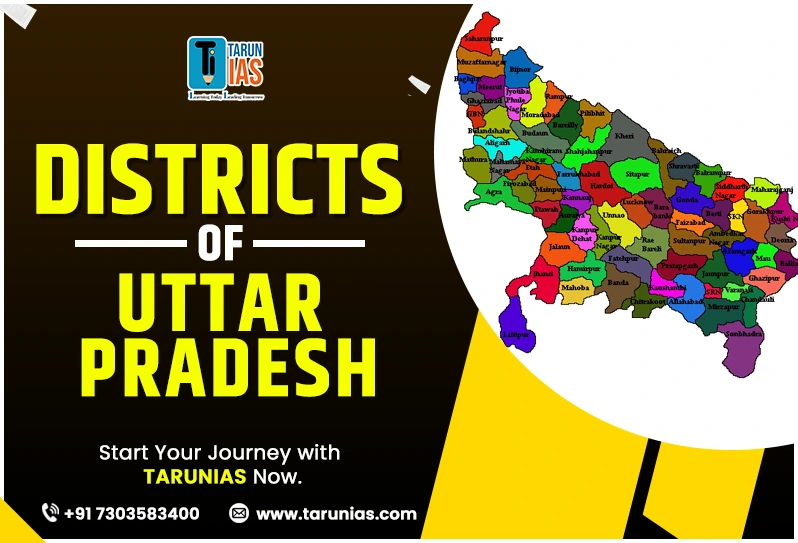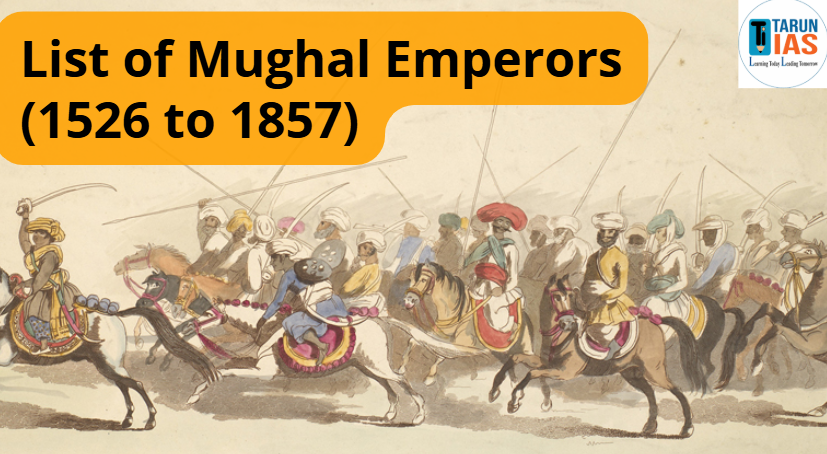UPSC Interview is the final stage of the Civil Services Examination, determining a candidate’s suitability for prestigious roles like IAS, IPS, and IFS. Unlike the written exams, which test academic knowledge, the interview focuses on assessing a candidate’s personality, leadership, emotional intelligence, and critical thinking abilities.
Questions cover a wide range of topics, including current affairs, general knowledge, educational background, and situational judgment. Here we will provide insights into the UPSC Interview process, its schedule, duration, types of questions, and tips for success, along with answers to FAQs.
What is UPSC Interview?
UPSC interview, also called the “Personality Test,” is the final stage of the Union Public Service Commission’s Civil Services Examination (CSE). It follows the successful completion of the Preliminary and Mains exams and assesses a candidate’s suitability for roles in services like IAS, IPS, IFS, and others.
Unlike the written exams, which focus on academic knowledge, the interview evaluates qualities such as emotional intelligence, leadership, integrity, intellectual ability, and problem-solving skills. It also tests general awareness, communication, and critical thinking. The interview panel, led by a Chairman and composed of experts from various fields, asks questions based on the candidate’s background, current affairs, and general knowledge.
The goal is to determine if the candidate has the personality, character, and mindset necessary for a successful career as a civil servant, reflecting their potential to handle complex administrative responsibilities effectively.
UPSC Interview 2024-2025 Dates
UPSC Civil Services Interview schedule for 2025 is as follows:
- The Interview DAF-II (Detailed Application Form-II) submission window was open from December 13, 2024, to December 19, 2024.
- The interviews are set to begin on January 7, 2025, and will conclude on April 17, 2025.
- The final result declaration date is yet to be updated.
Candidates who qualify the preliminary and mains examinations must complete the DAF-II submission and appear for the interview, which is a crucial step in the selection process for various prestigious services under the UPSC.
Note: The interviews for candidates scheduled on February 5th will now be rescheduled to February 8th due to the Delhi Assembly elections.
UPSC Interview Time Duration
UPSC Interview generally lasts for about 30 minutes to 45 minutes. However, the duration can vary depending on the candidate’s responses, the number of candidates scheduled for the day, and the specifics of the interview panel’s assessment process. Some interviews may extend a little beyond the usual time frame, but on average, candidates should expect the interview to last between half an hour to 45 minutes.
This time is used by the interview board to assess the candidate’s thought process, demeanor, and responses to a range of questions, which may include topics from their educational background, work experience, general knowledge, and current affairs. The length of the interview is not an indicator of its outcome. Some candidates might have a shorter interview if they answer questions concisely, while others may be questioned more thoroughly on specific topics.
What Type of Questions Are Asked in UPSC Interview?
UPSC Interview aims to assess a candidate’s personality, maturity, and critical thinking abilities. The questions asked can be categorized into several types:
- General Knowledge and Current Affairs:
-
-
- Questions related to national and international issues, including politics, economics, social issues, environmental concerns, and governance.
- Topics might include recent developments, government policies, and global trends.
-
- Educational Background:
-
-
- The panel often asks questions related to the candidate’s academic qualifications.
- This could involve discussing specific subjects studied, their relevance to civil services, or questions on the candidate’s area of specialization.
-
- Work Experience (if any):
-
-
- Candidates with prior work experience may be asked to elaborate on their previous roles.
- The panel might ask about the challenges faced, lessons learned, and how the candidate dealt with workplace situations.
-
- Psychological and Situational Questions:
-
-
- The board may pose questions designed to test problem-solving abilities, ethical judgment, and leadership skills.
- Situational questions could involve scenarios related to public policy, decision-making, or ethical dilemmas that require the candidate to demonstrate their ability to think critically under pressure.
-
- Personal Questions:
-
- These questions aim to understand the candidate’s personality, interests, and aspirations.
- Topics could include hobbies, family background, values, and long-term goals.
Candidates are expected to answer questions with clarity, confidence, and thoughtfulness. The aim is to understand how well a candidate can articulate their thoughts and remain composed under pressure.
Who Got Highest Marks in UPSC Interview?
The highest marks in the UPSC Interview are awarded to candidates who display exceptional clarity of thought, well-rounded general knowledge, and strong personality traits suited to public service. Historically, candidates scoring exceptionally well in the personality test (often close to 200 out of 275) tend to perform well in the final selection.
In 2014, Zainab Sayeed achieved the highest-ever score in the UPSC Interview, securing 220 marks. Other notable interview scores include Apala Mishra (2020) with 215 marks, Ankita Jain (2020) with 212 marks, and Ashutosh Kumar (2021) with 206 marks. Shruti Sharma, the UPSC topper of 2021, scored 199 marks in the interview.
It’s important to remember that the UPSC Interview is only one part of the overall selection process, with the final ranking determined by both the Mains exam score and the Personality Test score.
How to Crack UPSC Interview?
Cracking the UPSC interview requires a blend of preparation and personality development. Here are some strategies that can help:
- Stay Updated on Current Affairs: Read newspapers daily, watch the news, and be aware of national and global events. Knowing current issues will give you the confidence to answer questions from a wide range of topics.
- Mock Interviews: Attending mock interviews with experienced mentors or coaching institutes can help you practice answering questions and build confidence. This helps you manage anxiety and receive constructive feedback.
- Be Honest and Clear: The UPSC panel is known for being perceptive. Answer questions truthfully and clearly, and avoid rambling or guessing. If you don’t know the answer to a question, it’s better to admit it rather than bluffing.
- Work on Your Personality: The UPSC interview assesses your personality, so be yourself. Stay calm, composed, and respectful, even if you face challenging questions.
- Prepare with an Understanding of Your DAF (Detailed Application Form): The panel often asks questions based on your DAF. Be prepared to discuss your hobbies, educational background, and other personal details.
- Understand Ethics and Public Administration: Brush up on topics like ethics, public administration, and governance, as they form a key part of the interview.
This strategy, combined with consistent preparation, will help you approach the UPSC interview with confidence.
Conclusion
UPSC Interview is a critical stage of the Civil Services Examination that evaluates a candidate’s personality, intellectual abilities, and readiness for public service. Preparation for this phase requires a mix of awareness, calm composure, and strong communication skills. While staying updated with current affairs, refining your personality, and mastering your DAF are essential, consistency and clarity are key in performing well. The interview is designed to test your character and potential for handling administrative responsibilities. With thorough preparation and a confident approach, candidates can significantly improve their chances of success in the UPSC Interview.
|
Related Articles |
|
| UPSC Exam Pattern | |
| UPSC Selection Process | |
FAQs On UPSC Interview
What Is The UPSC Interview?
The UPSC Interview or Personality Test is the final stage of the Civil Services Examination. It assesses a candidate’s personality traits and suitability for administrative roles.
How Long Does The UPSC Interview Last?
The interview usually lasts between 30 to 45 minutes depending on the candidate’s responses and the panel’s evaluation.
What Types Of Questions Are Asked In The UPSC Interview?
Questions can cover current affairs, general knowledge, educational background, work experience, personal interests, and ethical situations.
How Can I Prepare For The UPSC Interview?
Stay updated with current events, revise your DAF, attend mock interviews, and work on communication, clarity, and personality traits.















